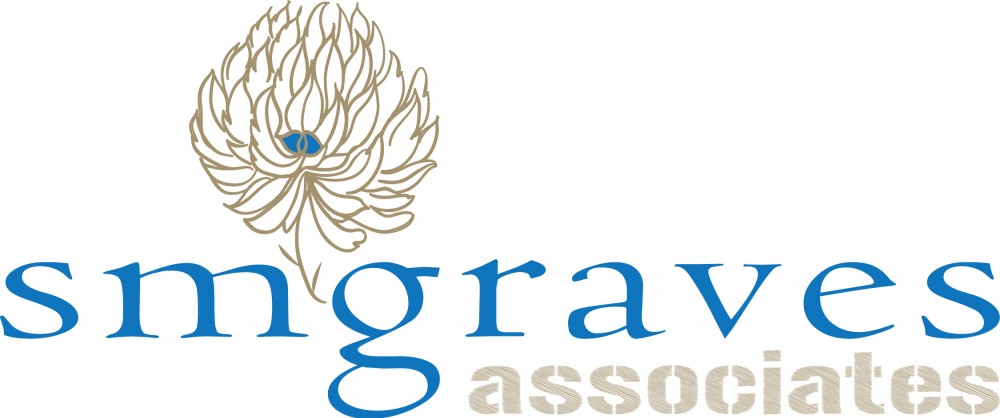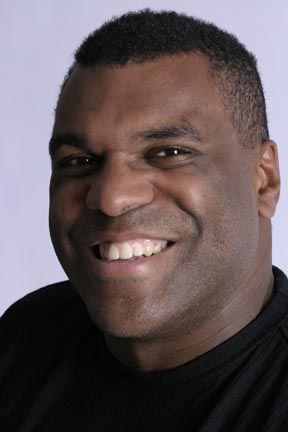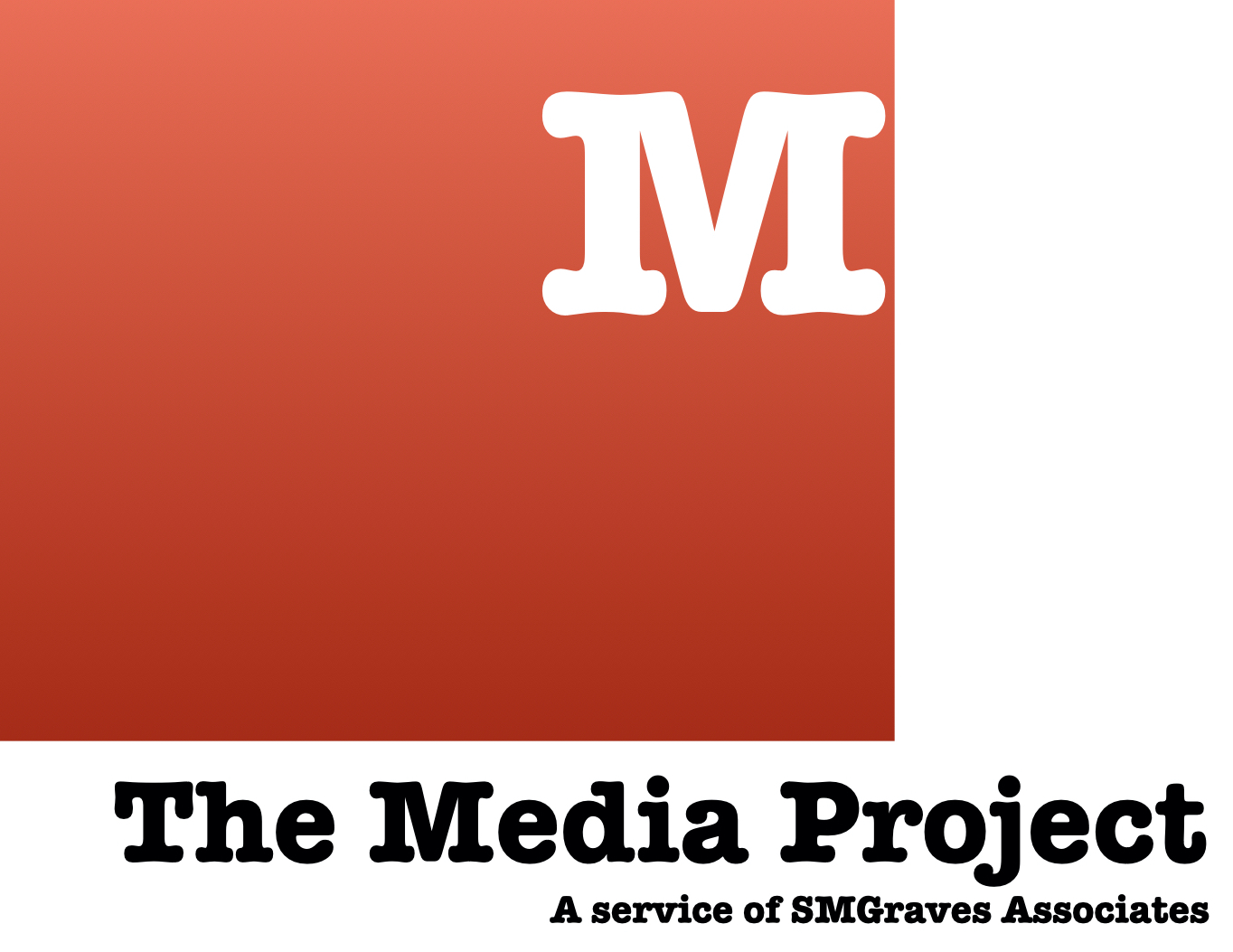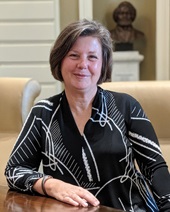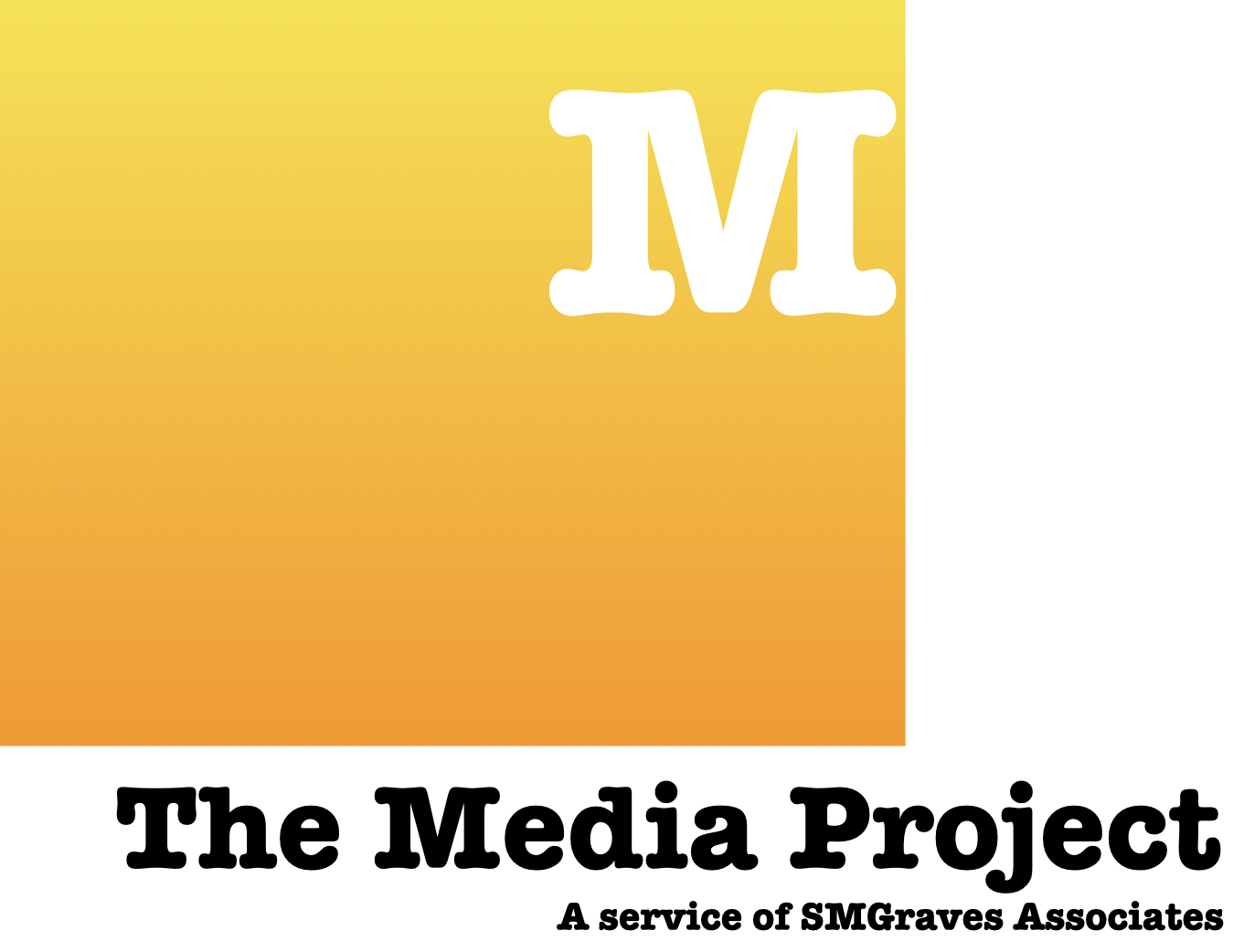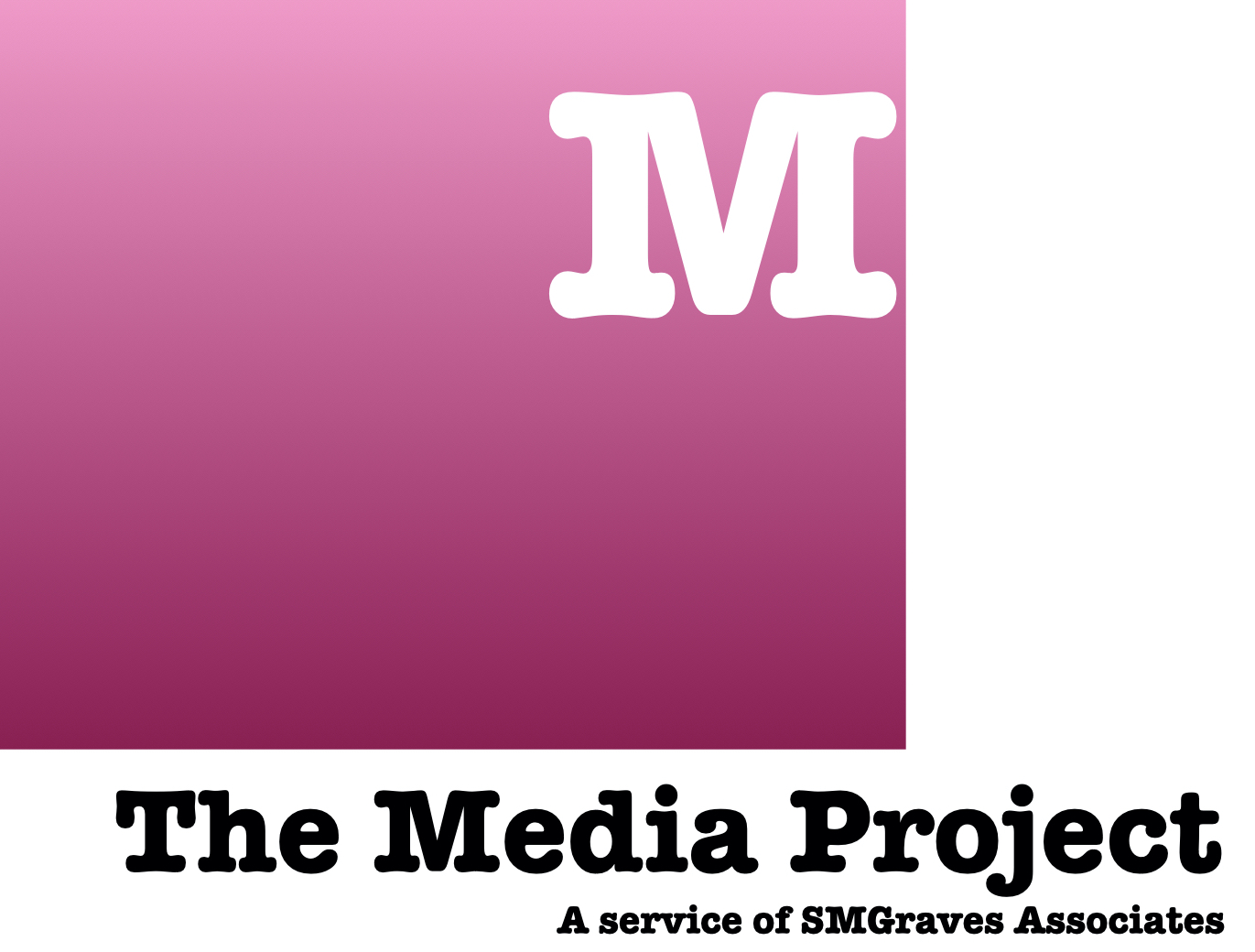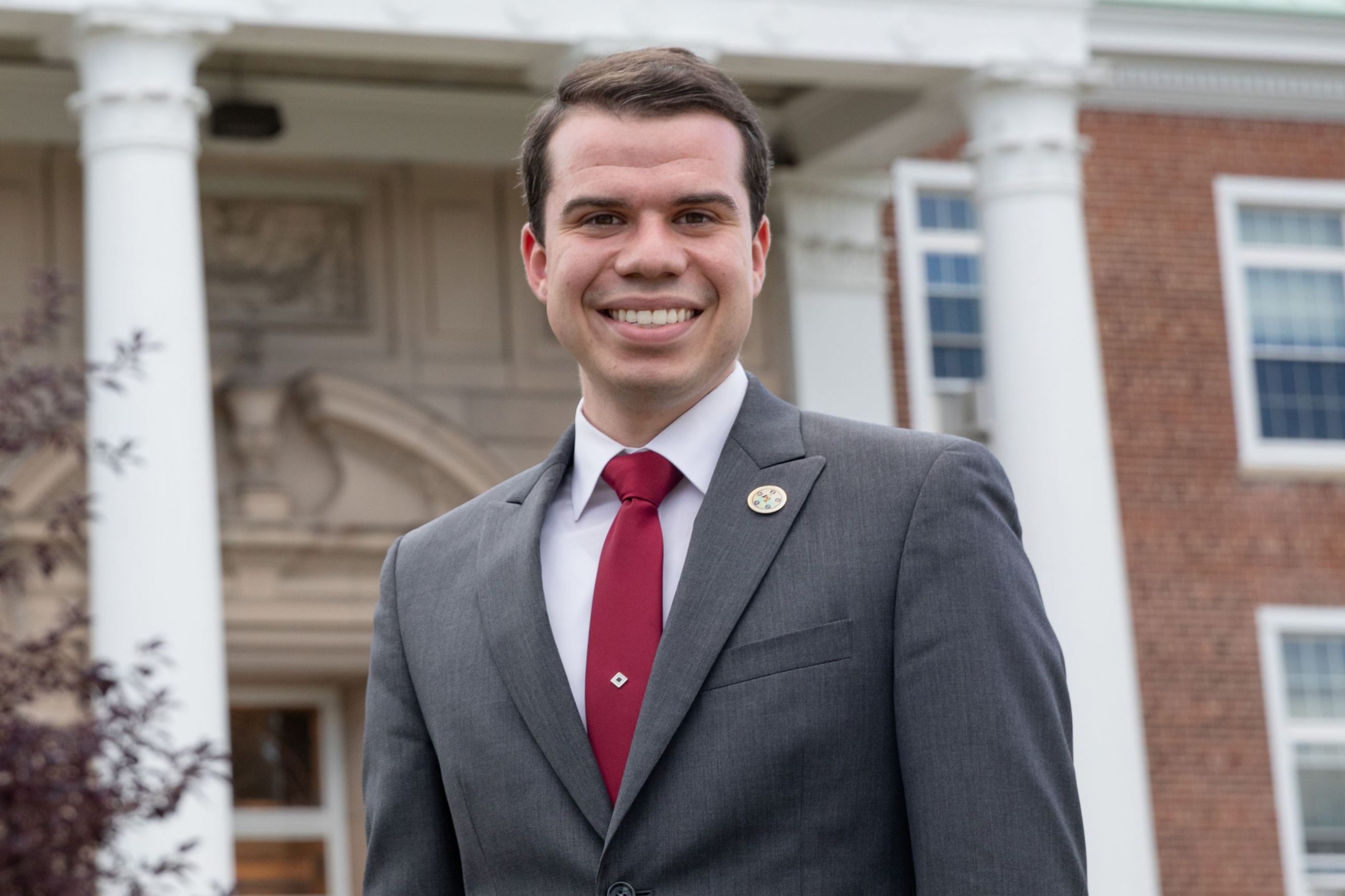Today’s “Public” Library
SMG's 'Are We Here Yet?' Podcast
Find our complete roster of podcasts

Essays From An Artist
I recently engaged in conversation with two local neighbors, a long-standing local business owner and a former elected official who offered their opinions on my support for a ‘return’ to investments in transforming our city’s core into a walkable, bike-able, densely populated urban center. 
Scotts on the Rocks Politica Podcast
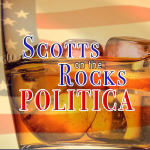
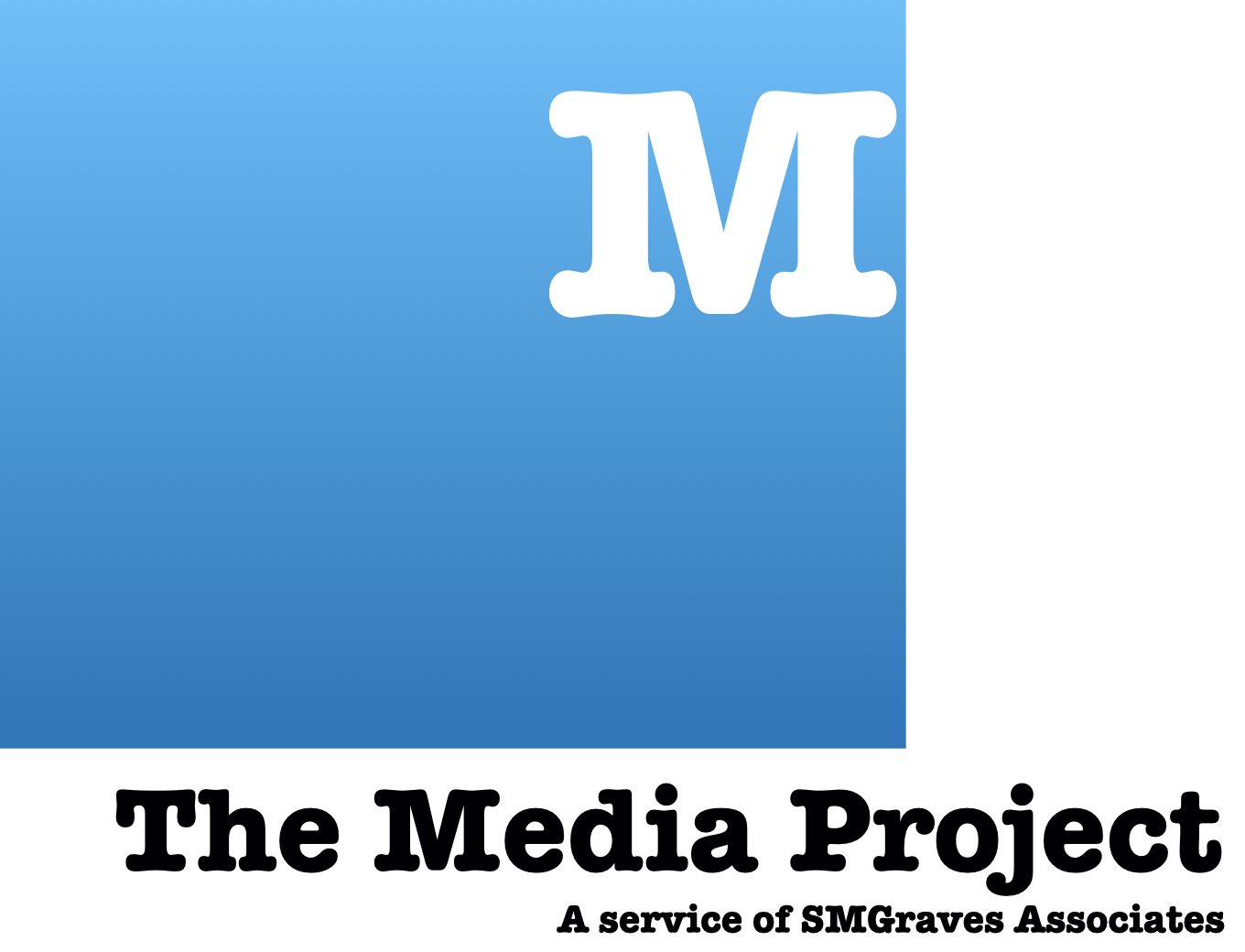
No. XIX. Feb. 22, 2021
Big Tech Oligopoly of Information – Today’s “Public” Library
Public (government) actors can be sued when they steal our freedom of speech, as a general rule.
Private actors can’t be sued when they steal our freedom of speech, as a general rule.
We are still looking for an exception to that latter general rule so that the First Amendment will protect us against Big Tech Oligopoly’s ability to censor whatever it wants from our ears, eyes and brains.
If we can break into the Big Tech Oligopoly’s First Amendment immunity, all protections fall like a house of cards – including Section 230 – to the extent they clash with the First Amendment.
But, right now private entities (like the Big Tech Oligopoly) are protected from First Amendment liability unless they exercise a function that has traditionally been exclusively performed/controlled by the government – i.e., acting like the government/state. This is called the “state-action doctrine.”
So, the private entity, no matter how much it censors us, is free to steal our First Amendment freedoms.
In the few cases where plaintiffs have tried to hold the Big Tech Oligopoly liable under First Amendment principles as a “state actor,” they have all been unsuccessful – because the Courts have all focused on speech.
For example, in Prager U. v. Google, the 9th Court found that “[u]sing private property as a forum for public discourse is nothing new. Long before the Internet, people posted announcements on neighborhood bulletin boards, debated weighty issues in coffee houses, and shouted each other down in community theaters.”
You’ve got to be kidding me. This is not about only speech. This issue is about the Citizens’ ability to obtain information.
To compare a discussion at the coffee house in the presence of two or three people (who probably aren’t even listening) with a written post on Twitter by the President of the U.S. that can be considered by hundreds of millions of Citizens – at any time, and from anywhere (unlike the coffee house rant) – is ludicrous.
First of all, computer technology has created a cyberspace – a new world, if you will. The government could not have exercised control over it “traditionally” because it did not even exist.
Apart from that, all governments now communicate with the public through the internet/social media. Yet, the government is ok with being able to do nothing if the Big Tech Oligopoly edits and censors the government’s message?
Regardless of the absurdity, social media and internet messages are not sound waves coming from someone’s vocal cords (and maybe reach someone’s ear) – and then are gone forever.
Social media messages are billions of little (or big) “books.” Whether they are posts, articles, pamphlets, essays, statements, opinions, etc. – collectively, they are just like books – sometimes of few words, sometimes of many.
Better than traditional books, they can be referenced, read, researched, referred to, copied, cut and pasted, photographed, quoted, and otherwise used in our gathering of information with which to educate ourselves and to formulate our ideas, opinions, and thoughts – from anywhere and at any time (for free).
Millions of Americans learn and form their thoughts from reading, seeing and hearing the information contained in this “speech,” or these “books,” on social media/internet.
It’s not “speech,” it’s information gathering.
For the Courts to compare the omniscience, omnipotence and omnipresence of these god-like attributes of the Big Tech Oligopoly to the short-lived spoken (and largely unheard) word in coffee houses is ridiculous.
The objective of Big Tech’s censorship of information on social media/internet is to prevent the Citizenry from educating themselves, and to prevent the Citizenry from choosing for themselves what information they will use to learn and to formulate their own thoughts, opinions, and ideas.
That’s not just speech – that’s life.
Where else can you get the information if not on the internet – the library?
These social media “books” are the modern version of traditional books.
Traditionally, the government has exclusively collected books for the masses, and has made them available to the masses, in free libraries.
Today, we don’t go to the library – we go to Google (the new library).
Google, ironically owned by Alphabet, Inc., controls or directs 95% of the internet searches. When the Oligarch chose “Alphabet” for its name, it was not a Freudian slip – it was a foreshadowing. When you own the Alphabet, you necessarily own all the words. When you own all the words, you can arrange them any way you want to. When you do that, you own all the thought. That is what the foreshadowing has led to now.
Never in the history of the World have we seen this ubiquitous and overbearing power over the access of information.
Because there is an internet, something that never existed “traditionally,” the library does not contain all (or even that much) of the information we need. Most of the information is only available from the internet. So, even if you were able to go to the library (and their limited hours of operation do not keep you away), almost every Citizen would never need to.
So, the Big Tech Oligopoly has supplanted the traditional public library – which was always controlled by the government.
Because the Big Tech Oligopoly controls the new public library, they can be considered “state actors” relative to our First Amendment protections and censorship.
Therefore, the Courts should hold them up to First Amendment scrutiny for censoring us, and for preventing our access to information on these grounds.
I have not heard anyone raise this “public library” approach to Big Tech’s monopoly on First Amendment immunity for censoring the People – but someone told me they may have heard it somewhere. Admittedly, this article is simplifying a complicated problem, and there are nuances to this approach that aren’t covered here. But, the point is that there might be a crack here where the light comes through.
The Athol Report
Ep. 37 Your Town, Built Stronger
For Art & Politics
Ep. 39 A Builder of Culture
The Friday Group: Building Grassroots Political Movements
Ep. 38 People Right Next Door
Weaponization
Scotts on the Rocks Politica is a political-centric broadcast that aims to lead through example.
Scott M. Graves is your host joined by a wide variety of guests from throughout the political spectrum and from a wide variety of disciplines.
Our intent is to provide rational and detailed discussion for listeners. We’re proving we have more in common and that we’re better together than torn asunder.
Our weekly podcast features careful examinations blendded with current events reporting from a national and local perspective.
If you appreciate local journalism with a global reach, if you want to cut through the BS and get right to the heart of the matter where it counts for your family our show was made for you.
With that in mind we’re launching an initiative we’re calling M The Media Project. This is a service of SMGraves Associates and over the months and years ahead we’re hoping to experiment with a variety of mediums, financial models and service delivery methods to deliver important news to a regional audience.
It is our hope that we will create successful media services companies, incubated right here in central Massachusetts that have the potential of becoming replicable.
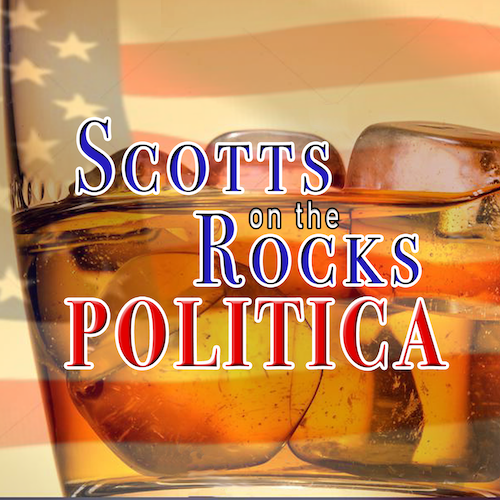
Interested in advertising with us? Perhaps you want a unique way to support the economic development work we accomplish while getting access to our intelligent and informed listeners? Join our roster of supporters. Click that button below to find out more.
